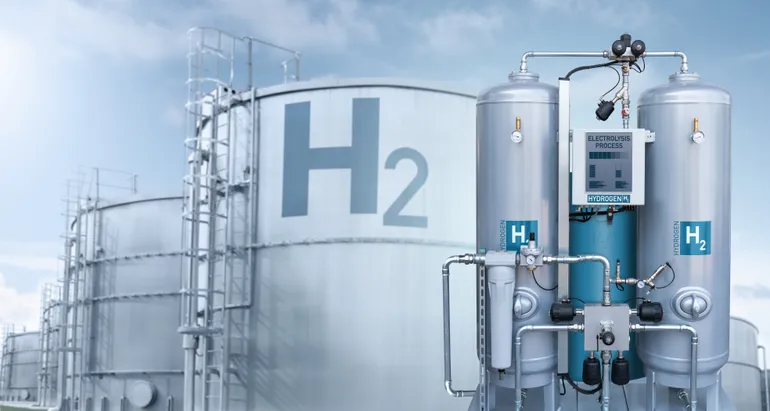DOE Finalizes Funding for Hydrogen Hubs Across the U.S.
Key Ideas
- The U.S. Department of Energy has finalized funding commitments for several hydrogen hubs across the country, with the Gulf Coast and Midwest Hubs receiving significant grants.
- The Gulf Coast Hydrogen Hub aims to become the largest among the seven hydrogen hubs in the U.S., focusing on hydrogen production using renewable energy and natural gas.
- Despite awaiting final approval, the hubs are expected to catalyze momentum in the hydrogen industry and support various applications from decarbonization to industrial use.
- The industry leaders emphasize the importance of the 45V hydrogen tax credit guidance in determining the success and growth of hydrogen projects within and beyond the hubs.
The U.S. Department of Energy has recently confirmed funding commitments for hydrogen hubs across the nation, with the Gulf Coast and Midwest Hubs receiving substantial grants of $1.2 billion and $1 billion, respectively. These hubs, alongside the previously approved Appalachian, California, and Pacific Northwest hubs, aim to advance hydrogen projects that were awaiting infrastructure development or offtake agreements. The Gulf Coast Hydrogen Hub, in particular, plans to leverage its $1.2 billion grant to establish an extensive ecosystem with hydrogen production sites connected via pipelines to various end-users. This initiative will involve electrolytic hydrogen production using renewable energy and hydrogen derived from natural gas.
While the hubs are poised to drive progress in the hydrogen industry, challenges remain, including the pending approval of the 45V hydrogen tax credit guidance. Industry experts stress the critical role of this tax credit in the success of hydrogen projects, as it could significantly impact the utilization of existing nuclear plants or surplus hydropower in hydrogen production. Despite facing hurdles, the hubs are expected to boost momentum in an industry that has experienced setbacks over the past year.
Among the approved hubs, California aims to decarbonize public transportation and port operations using renewable energy-derived hydrogen, while the Appalachian hub will explore carbon capture applications. The Pacific Northwest and Midwest hubs will focus on reducing electrolyzer costs and industrial decarbonization, respectively. However, the Heartland and Mid-Atlantic hubs are still awaiting final approval, with plans centered around fertilizer production, agricultural decarbonization, and repurposing existing energy infrastructure to generate hydrogen.
The industry leaders emphasize the importance of the 45V tax credit guidance and have urged for its reevaluation, highlighting its significance in driving the growth of the hydrogen industry. While the hubs are set to play a crucial role in advancing hydrogen projects, the finalization of the tax credit remains a pivotal factor for the industry's expansion and success.
